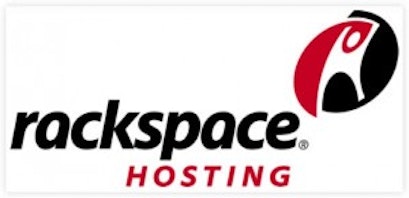

Investors need to evaluate the reasons why a stock is falling, and then determine if the downside is temporary.
Weak Outlook Provided
Aruba, which is a mobile networking solutions company, provided light guidance when the company reported quarterly results. Nine analysts responded by downgrading the stock. Reliant on the Bring Your Own Device (or BYOD) phenomenon for growth, Aruba earned $0.11 per share on sales of $147.1 million. This represents a revenue level that was below management expectations. While sales rose 12% from last year, it was down 5% from the previous quarter. Aruba blamed customers for shrinking the project size for enterprise wireless LAN deals. Geographically, Asia pulled back on spending.
ClearPass, a platform that is costing Aruba significant resources, promises to drive growth across Aruba’s product portfolio. Investors betting that Aruba will deliver on growth this year will be paying a forward P/E of 19.9. The bring-your-own-device trend at workplaces was cited as a growth driver for Aruba products.
Investors should note a few red flags. Sales and marketing expenses were $47.2 million (non-GAAP), representing 32.1% of sales. Last quarter, the expense-to-sales ratio was 30.1%. General and administrative costs also rose from $8.2 million to $9.9 million sequentially. This represented 6.7% of sales, compared to 5.3% in the previous quarter. If sales do not improve, Aruba will need to reduce headcount, which will bring about one-time charges for the company.
Weak Profit Margins a Bad Sign
Weak margins translate to a lower share price when it is revealed. Rackspace Hosting, Inc. (NYSE:RAX), which was founded in 1988, has nine data centers. Data centers are used to sell public and private cloud solutions for companies. This means that Rackspace Hosting, Inc. (NYSE:RAX) offers hosting for companies needing Red Hat, MySQL, or Microsoft Corporation (NASDAQ:MSFT)-based solutions. When Rackspace reported first-quarter earnings, EBITDA margins were weak. This means that competition is rising, and unless the company has new or unique products or services to offer, it could spell trouble. Rackspace faced a decline in net upgrades from customers. Existing enterprises customers also provided less new business for the company. Rackspace Hosting, Inc. (NYSE:RAX) cut prices to compete with Microsoft Corporation (NASDAQ:MSFT) and Google Inc (NASDAQ:GOOG). Very recently at Google’s I/O conference, the company signaled that it was boosting its cloud offerings, broadening its services, and lowering its relative prices.
The move by companies to move from hosting to cloud services should not hurt Rackspace Hosting, Inc. (NYSE:RAX), and the company could potentially win new deals, boosting sales in the quarters ahead.

